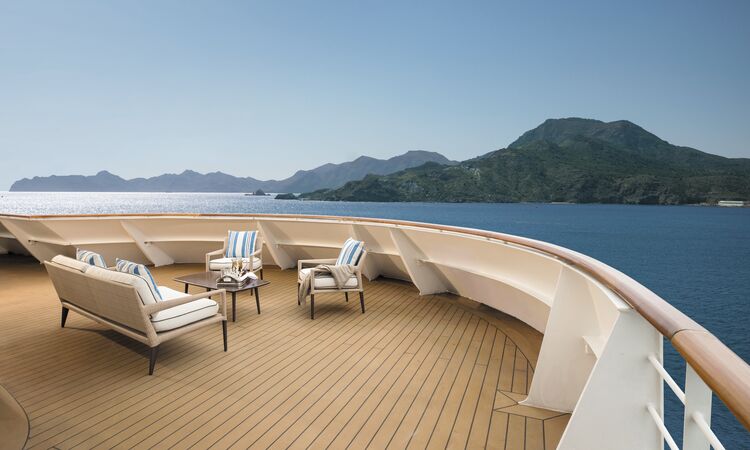Luxury cruise holidays
Introduction
From intrepid Antarctic explorations to luxurious sailings along Europe's great waterways, a luxury cruise holiday is always a special experience. And, whether it's the world's oceans or rivers that appeal, you can expect the very best service, food and facilities, alongside shore excursions that truly bring each destination to life.
Our luxury cruise specialists are experts in their field, having visited many of the destinations we feature and sailed aboard many of the ships we recommend. They'll help you choose a voyage that suits you, whether that's recommending a certain cruise line or destination, or tailor-making your holiday with the addition of pre- and post-cruise accommodation and tours to make your trip even more special.

Why choose cruising?
There are many different reasons to book a cruise holiday with Wexas. Here are some of the reasons why a cruise holiday might be for you:
- A variety of destinations on one voyage – cruise holidays take in a wide range of ports, and even countries, on one single trip. What's more, you won't even have to worry about immigration, or even show you passport, as it's all taken care of for you
- Unpack just once – an often overlooked benefit. Once you've checked in, that's it, until it's time to go home
- Amazing food and drink – many cruise ships come with multiple restaurants, with menus that change to reflect the ports of call
- Exceptional value for money – meals, accommodation and entertainment comes as standard, while some all inclusive cruise lines also throw in everything from premium drinks and gourmet dining to butler service, tips and even shore excursions
- Authentic experiences – Embark on spectacular shore excursions, taking in each destination's culture, landscapes or wildlife in the company of expert guides
- Safety – imagine a land-based holiday where you have to find a different restaurant every night, or a bar in which to enjoy a drink or two. Where do you go for the best local entertainment? How do you get back? Taxi? Uber? On a cruise everything is contained and located just a few decks away. Also, tours and excursions are provide by vetted and reliable operators
- Sail from the UK – you might choose a cruise that departs from the UK, avoiding the hassle of airports and the restrictions of luggage limits
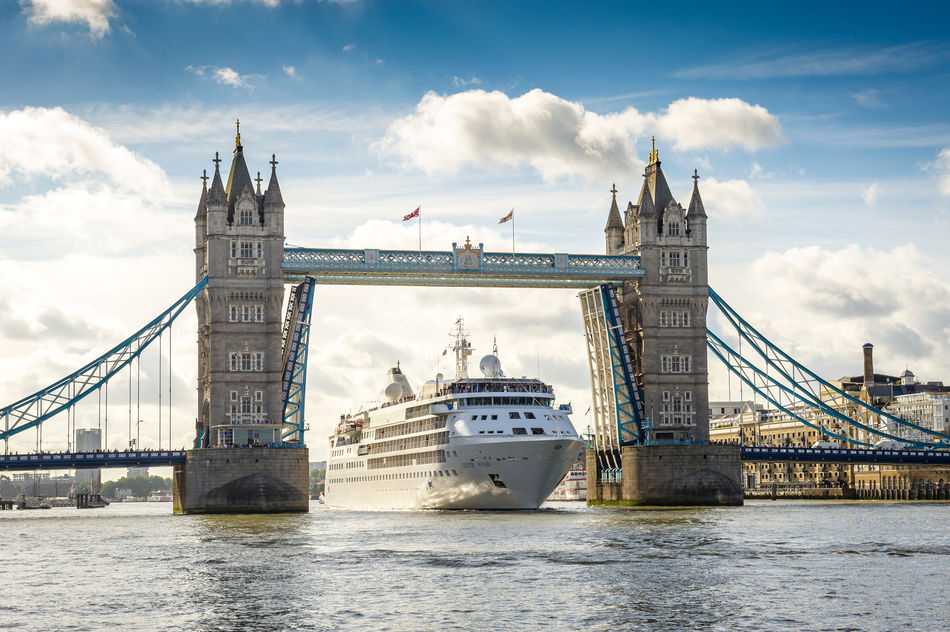
- Make friends for life – cruising offers the chance to meet and travel with like-minded individuals, whether you're on a themed voyage or discovering somewhere new for the first time
- Something for everyone – a cruise holiday isn't just for adults. There's plenty for all generations to enjoy, with everything from bridge classes to supervised kids clubs. And, if you've got a specific interest – be it food, wine, or 1980s pop music – there's likely to be a cruise just for you
- Exceptional facilities – whether it's a slice of spa indulgence, a dip in the pool, a guest lecture or the chance to swat up on your next destination at a library packed with guide books, the facilities on board modern cruise ships are second to none
- The chance to go big – If you really want it all, why not book a world cruise? Silversea's globe-spanning 2020 edition takes in 32 countries and 62 ports over 140 epic days

Explore our selection of cruises below, or call our specialists for the very latest routes and special offers.
Cruise Types
Tailor-made cruises
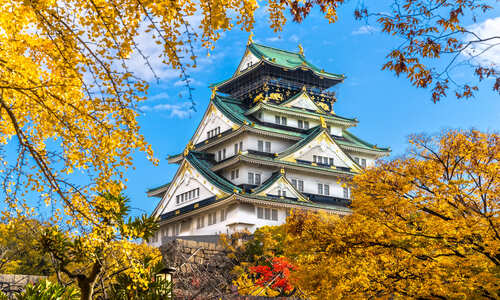
cruise offer
Save up to 15% & up to $1,000 onboard credit selected dates – Save up to £1,210pp
Book by: 03 March 2026
From the urban buzz of Tokyo and the geisha districts of Kanazawa to the steaming onsens of Akita and the floral displays of Hitachinaka, this autumn voyage with Seabourn perfectly encapsulates Japan’s urban and rural delights.
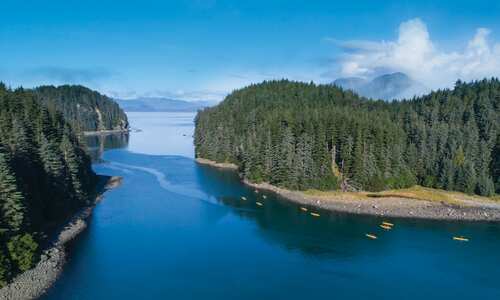
cruise offer
Save up to 15% & enjoy up to US $1,000 shipboard credit – Save up to £1,085pp
Book by: 03 March 2026
Explore the Alaskan coast in depth, enjoying views of mighty glaciers and a rich array of wildlife, including whales and bears. There’s also time to explore Alaska’s oldest city, Sitka, and its beautifully situated capital, Juneau.
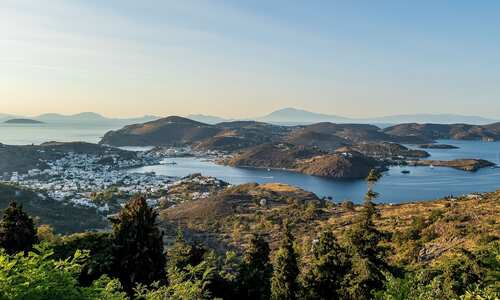
cruise offer
Save up to 15% & enjoy up to US $1,000 shipboard credit – Save up to £615pp
Book by: 03 March 2026
Explore Istanbul before sailing through the Sea of Marmara to Canakkale. You’ll then call in at several idyllic Greek islands, from tiny Patmos to Rhodes and Santorini, as you make your way to Athens.
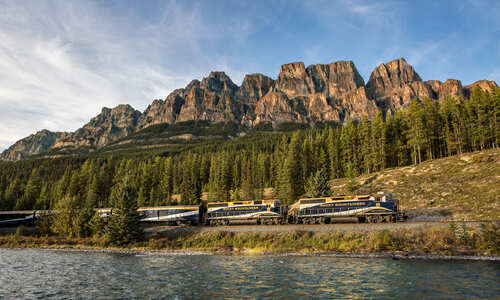
cruise offer
Special savings on selected departure dates – Save up to £1,750pp
Book by: 28 February 2026
Experience the Canadian Rockies aboard Rocky Mountaineer before sailing Alaska’s Inside Passage on a luxury Silversea cruise, combining rail adventure with ocean exploration in style.

